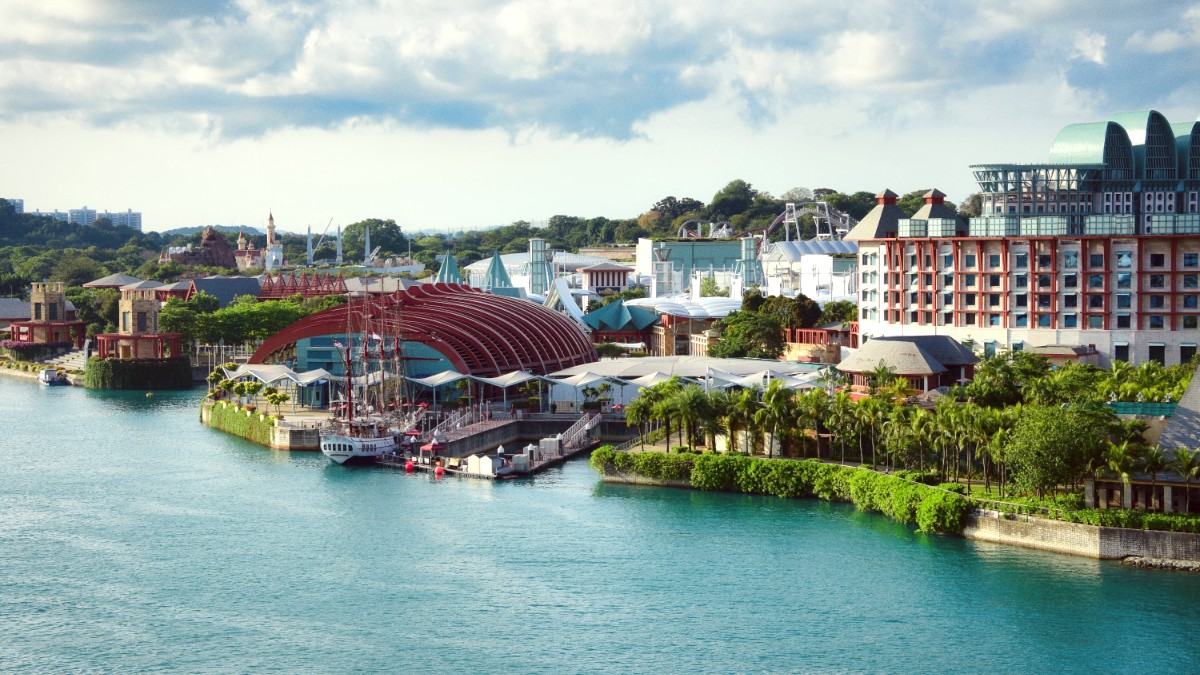
Singapore
Your passport must remain valid for at least six months from your date of entry into Singapore. Present your visa if your nationality requires one. Carry a confirmed onward or return ticket; immigration officials may ask to see this as proof of your intent to leave Singapore. You may need to show proof of sufficient funds to cover your stay. All travelers, including Singapore citizens, must submit a SG Arrival Card (SGAC) with a health declaration. Complete this electronic submission within three days before your arrival via the official ICA website or the MyICA Mobile app. This is a mandatory step for all visitors.
Carry physical and digital copies of all your essential documents, including your passport, visa, flight confirmations, and SG Arrival Card submission confirmation. Singapore does not charge a general entry fee for tourists. Upon arrival at Changi Airport or other checkpoints, present your passport and, if applicable, your visa. Automated immigration clearance (eIACS) is available for eligible foreign visitors, which speeds up the process. You may need to show your onward or return ticket and proof of sufficient funds if asked. General tourism activities on Sentosa Island or in mainland Singapore do not typically call for special permits. Most attractions and public spaces are freely accessible once you complete immigration.
You must submit a health declaration via the SG Arrival Card system within three days prior to arrival. Singapore does not have routine vaccination requirements for entry unless you arrive from certain yellow fever-endemic countries. In such cases, a yellow fever vaccination certificate is present. Travel insurance with medical coverage is highly recommended. It offers protection against unforeseen medical emergencies or other travel disruptions. Companies like World Nomads, SafetyWing, and Insubuy are options for travel insurance.
Always refer to the official Immigration & Checkpoints Authority (ICA) website for the latest and most accurate information on visa and entry requirements. Policies can change.
Yellow Fever if from risk country.
Needed if arriving within 6 days from a country with yellow fever transmission risk.
Unless from specific risk areas, no general vaccination required for entry.
Consult your doctor before travel.
MMR, DTP, Varicella, Hepatitis A, Hepatitis B, Typhoid are often suggested.
Malaria is not a risk in Singapore. Dengue fever is endemic, so mosquito prevention is important.
Mandatory SG Arrival Card.
All travelers must submit this electronically within three days before arrival.
Comprehensive travel insurance is strongly recommended for medical coverage and trip disruptions.
It is strongly recommended to purchase comprehensive travel insurance. Your policy should cover medical emergencies, trip cancellation or interruption, lost luggage, and personal liability. Ensure your policy covers any adventure activities you plan to undertake, like bungy jumping or zip-lining on Sentosa. Several providers cater to different traveler types. World Nomads is for adventurous travelers. SafetyWing designs policies for digital nomads and remote teams. Insubuy specializes in medical and travel-related coverage for foreigners visiting the United States, but also has general travel options.
AirHelp helps passengers receive compensation for delayed or canceled flights. This service handles claims for disruptions, potentially securing up to €600. It supports passengers in asserting their rights regarding flight issues, a useful backup for unexpected travel problems.
Coverage for unforeseen health issues or accidents during your trip.
Financial protection if your trip is cut short or canceled due to covered reasons.
Reimbursement for lost, stolen, or damaged baggage.
Protection against claims if you accidentally cause injury or damage to others.
Specific coverage for high-risk activities like bungy jumping or zip-lining, if planned.
Singapore provides excellent public and private healthcare facilities. Reputable hospitals include Singapore General Hospital, Mount Elizabeth Hospital, and Gleneagles Hospital. Polyclinics (government-subsidized) and private clinics are widely available for non-emergency medical needs.
High temperatures and humidity can lead to heat-related illnesses. Stay hydrated by drinking plenty of water. Wear light clothing, seek shade regularly, and avoid strenuous activity during midday. Tap water in Singapore is safe to drink. Use High SPF sunscreen (at least SPF 30). Wear a broad-brimmed hat and Sunglasses. Eating at hawker centers is generally safe; choose stalls with high turnover for freshly cooked food. Clean and disinfect wounds promptly due to the humid environment.
Singapore has high standards for public and private healthcare. Hospitals and clinics are widely available. For emergencies, dial 995 for ambulance or fire, and 999 for police. Singapore has stringent food safety regulations. Food stalls and restaurants undergo routine inspections. Look for establishments with good hygiene grades (Grade A or B), often displayed prominently. Tap water is potable.
Keep your country's embassy or consulate contact details in Singapore handy. Inform family or friends of your itinerary before you depart. This simple step aids communication during unexpected situations. Tap water in Singapore is safe to drink directly. Carry a reusable water bottle and refill it. Singapore has very high food hygiene standards. Food stalls and restaurants undergo routine inspections.